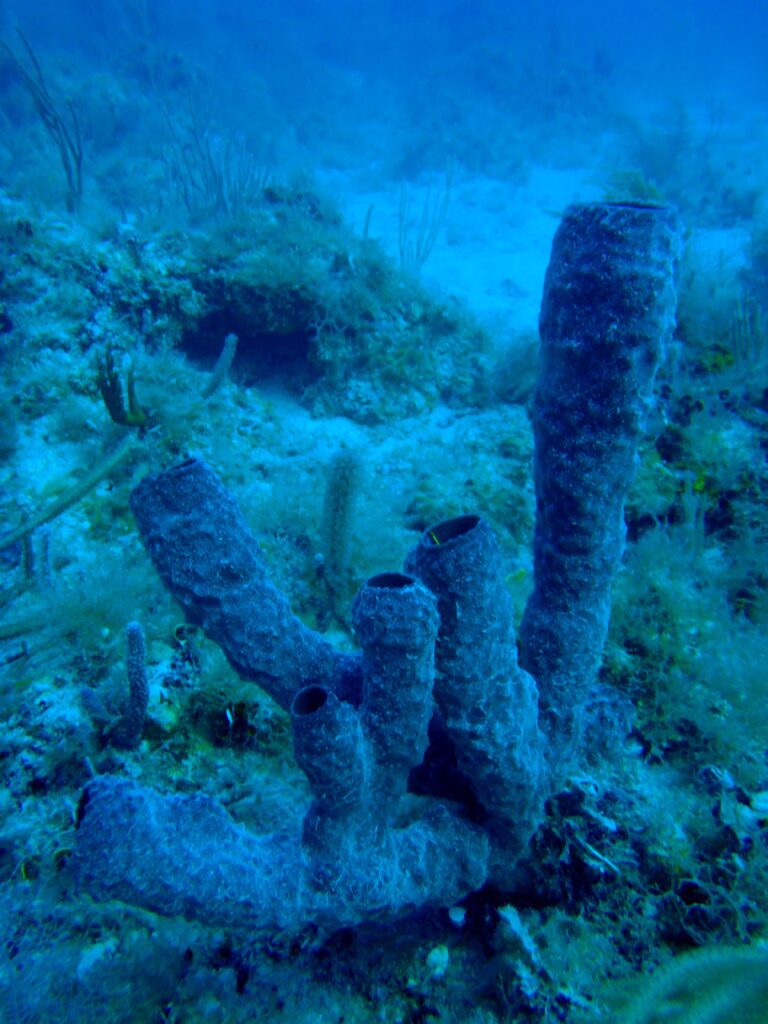Introduction
Ocean conservation plays a pivotal role in shaping the sustainable future of global aquaculture practices. As the demand for seafood continues to rise, the impact on marine ecosystems becomes increasingly evident. This blog post aims to explore the intricate relationship between ocean conservation efforts and their influence on the evolving landscape of aquaculture worldwide.
The State of Our Oceans
The global oceans, covering more than 70% of our planet, are essential to the well-being of Earth’s ecosystems. However, they face numerous threats that demand urgent attention and action. Understanding the current state of our oceans is crucial for devising effective strategies to preserve and protect these vital bodies of water.
The Impact of Overfishing
Overfishing is a significant concern that jeopardizes the delicate balance of marine ecosystems. With the demand for seafood soaring, commercial fishing practices often exceed sustainable limits, leading to the depletion of fish populations. This not only disrupts the marine food web but also endangers the livelihoods of communities dependent on fisheries. To address this issue, sustainable fishing practices and stringent regulations are imperative to ensure the long-term health of our oceans.
Pollution Plaguing Marine Environments
Pollution poses a grave threat to the health of our oceans, impacting marine life and ecosystems. From plastic waste to oil spills, pollutants are detrimentally altering the chemistry and biology of these vast water bodies. The accumulation of plastic debris endangers marine species, disrupts habitats, and introduces harmful chemicals into the water. Addressing pollution requires a multi-faceted approach, including better waste management, recycling initiatives, and the development of eco-friendly alternatives to prevent further degradation of our oceans.
Climate Change’s Toll on Marine Ecosystems
The looming specter of climate change intensifies the challenges facing our oceans. Rising sea temperatures, ocean acidification, and extreme weather events threaten the survival of numerous marine species and ecosystems. Coral reefs, in particular, are at risk of bleaching and degradation due to these climate-related stressors. Mitigating climate change through global efforts to reduce greenhouse gas emissions is paramount to safeguarding the health and resilience of our oceans.
In conclusion, the state of our oceans demands immediate and concerted action. Combating overfishing, pollution, and the impacts of climate change requires international collaboration, sustainable practices, and a collective commitment to preserving these invaluable ecosystems for future generations.
Introduction to Aquaculture as a Response to Declining Wild Fish Populations
Aquaculture, the controlled cultivation of aquatic organisms, has emerged as a crucial solution to address the alarming decline in wild fish populations. As overfishing, habitat destruction, and climate change continue to threaten marine ecosystems, the global demand for seafood remains unabated. In this challenging scenario, aquaculture plays a pivotal role in providing a sustainable and reliable source of fish and seafood.
The Growth and Significance of Aquaculture in Meeting Seafood Demand
The exponential growth of aquaculture in recent years underscores its significance in meeting the ever-increasing demand for seafood. As wild fish stocks struggle to recover, aquaculture has stepped in to bridge the gap between supply and demand. Fish farming practices, ranging from inland ponds to offshore cages, have become integral to global food security. With advanced technologies and responsible practices, aquaculture not only meets consumer needs but also helps alleviate pressure on overexploited fisheries.
Aquaculture’s Contribution to Environmental Conservation
While addressing seafood demand, aquaculture is also evolving to mitigate its environmental impact. Sustainable aquaculture practices emphasize responsible resource management, reduced use of antibiotics and chemicals, and the development of eco-friendly feed. By adopting these practices, the aquaculture industry seeks to minimize its ecological footprint, ensuring a balance between meeting human needs and preserving aquatic ecosystems.
Challenges in Aquaculture:
Aquaculture, the cultivation of aquatic organisms, has become a crucial source of seafood to meet the growing global demand. However, conventional aquaculture practices come with their share of environmental and social challenges.
One of the primary concerns in conventional aquaculture is the environmental impact. Overcrowded fish farms often lead to the accumulation of waste and excess nutrients in water bodies. This can result in water pollution, harmful algal blooms, and oxygen depletion, posing a threat to both aquatic ecosystems and human health. Additionally, the use of antibiotics and chemicals in aquaculture operations can contribute to the development of antibiotic-resistant bacteria, further compromising environmental health.
Conventional aquaculture practices can also give rise to social challenges. Small-scale fish farmers may face economic vulnerability due to market fluctuations and limited access to resources. In some cases, the expansion of large-scale aquaculture operations may lead to conflicts over land and water resources, negatively impacting local communities. Moreover, issues related to labor rights and working conditions in the aquaculture industry have been raised, highlighting the need for ethical and socially responsible practices.
The Need for Sustainable and Responsible Aquaculture
Recognizing the challenges posed by conventional aquaculture, there is a growing emphasis on transitioning towards sustainable and responsible practices.
Sustainable aquaculture aims to minimize its environmental footprint by adopting practices that reduce water pollution, promote biodiversity, and utilize resources efficiently. This includes implementing better waste management strategies, adopting environmentally friendly feed options, and incorporating eco-friendly technologies to enhance production while minimizing negative impacts on ecosystems.
Responsible aquaculture extends beyond environmental considerations to encompass social and economic dimensions. It involves fair labor practices, community engagement, and transparent supply chains. Certification programs, such as those provided by organizations like the Aquaculture Stewardship Council (ASC) and Best Aquaculture Practices (BAP), play a crucial role in verifying and promoting responsible aquaculture practices.
In conclusion, the challenges associated with conventional aquaculture underscore the imperative for adopting sustainable and responsible approaches. Embracing these practices not only addresses environmental and social concerns but also ensures the long-term viability of the aquaculture industry. As consumers increasingly prioritize sustainability, the shift towards responsible aquaculture is not just a necessity but a strategic imperative for the industry’s future.




